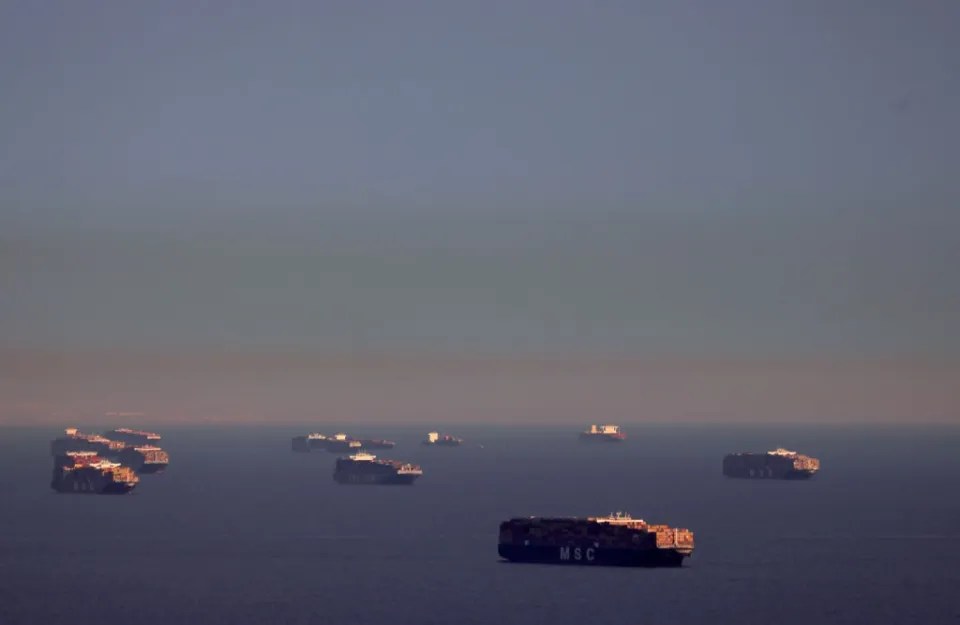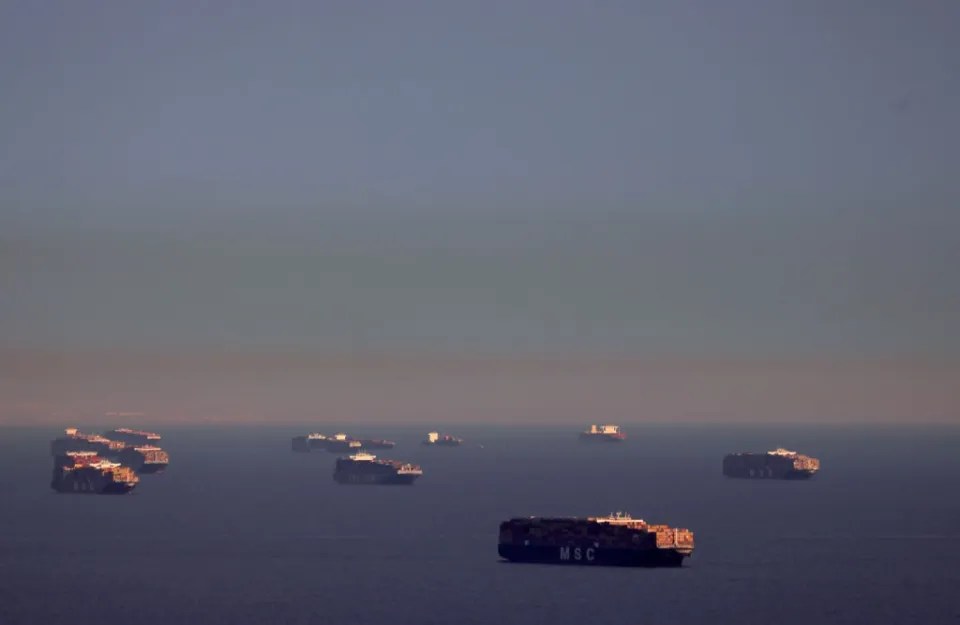
Oil prices leapt by nearly five per cent today as the US and UK launched strikes against Houthi rebels in Yemen.
Brent crude breached the $80 per barrel mark for the first time this year earlier this afternoon and US West Texas crude increased by 2.79 per cent to $74.03 as the rebel forces vowed the bombings across 16 sites carried out this morning would not go “without punishment or retaliation”.
In real terms, this amounts to a promise for continued attacks on Western shipping vessels negotiating the Red Sea territory that have ramped up week-on-week since Hamas attacked Israel on October 7th.
According to the BBC, the Treasury has modelled scenarios including crude oil prices rising by more than $10 a barrel and a 25% increase in natural gas.
The major escalation concern for global governments would be if Iran attempted to limit or block access to the Strait of Hormuz, on the opposite side of the Arabian Peninsula.
Around 20m barrels per day of oil move through the Strait, around 20 per cent of global consumption.
Saul Kavonic, an energy analyst at equity research firm MST Marquee told Reuters today: “If a large part of Strait of Hormuz flows were to be halted, it would present up to three times the impact of the 1970s oil price shocks and over double the impact of the Ukraine war on gas markets, atop already fragile supply chains and stock levels.”
Saudi Arabia called for restraint and “avoiding escalation” while U.S President Joe Biden said the strikes were undertaken so as to “not allow hostile actors to imperil freedom of navigation”.
Shipping rates for both container transport and that of goods have surged to post-pandemic highs since the attacks began and current estimates suggest that around one quarter of the world’s shipping containers are being diverted to avoid the Red Sea areas.




